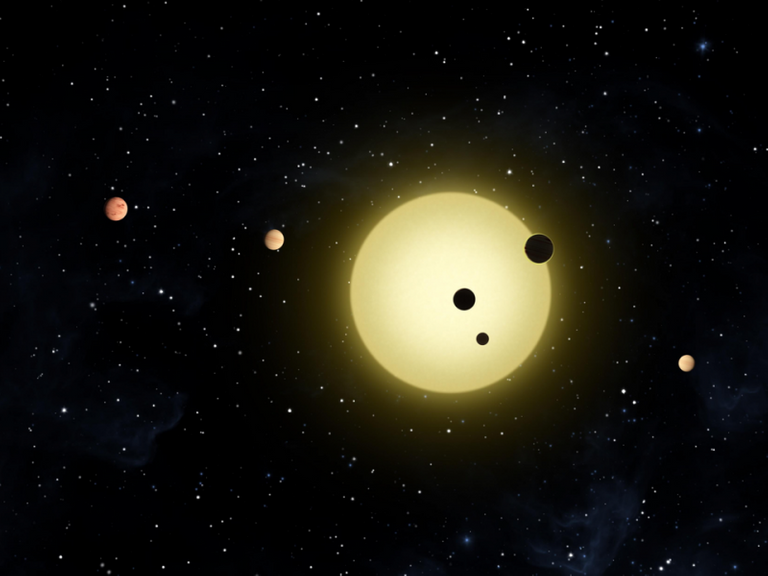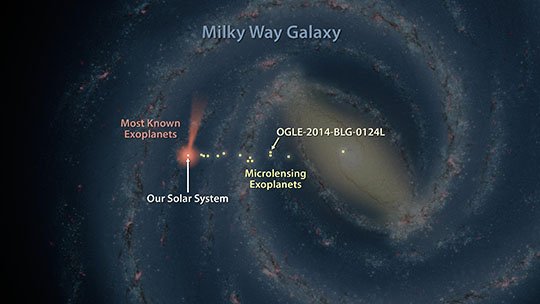Exoplanets, the beautiful bodies orbiting outside our solar system
Firstly, what are exoplanets?
You should have made a good guess already, they are planets. Just like Earth, Mars, Jupiter and the rest.
However the difference between the a planet as we know it and an exoplanet lies in the fact that exoplanets exist outside our solar system.
That is, exoplanets do not revolve around the sun unlike every other planet in our current solar system. Instead, they revolve around stars.
Exoplanets can also be described as extrasolar planets and there are over 4000 of them said to be orbiting the galaxy.
Where are exoplanets located in the galaxy
Short answer, the Milky way.
Exoplanets are said to be in a lot of places in the galaxy, but most of the currently discovered exoplanets are said to exist in the Milky way.
The reason why most exoplanets we know are only currently found in a small region of the galaxy is not owing to the fact that the current telescopes that are in use do not possess the abilities to see beyond that scope.
The possibility of humans colonizing exoplanets
Well, errrm no. I guess not.
According to Michel Mayor, a Nobel laureate credited for discovering the for discovering the first exoplanet, they are just too far away for a realistic migration.
The closest exoplanet could be up to a few dozen light years away.
In the bid to discover a habitable planet for humans aside Earth, a principle known as Goldilocks is applied. The idea revolves around basic environmental characteristics that make earth habitable.
For a planet to be habitable for humans, it has to have the right types of temperature, atmosphere and must be in orbit.
Over the years, no exoplanet has been found to fully fit the bill.
Conclusion
As it is currently, nobody has been able to locate an exoplanet that is totally suitable to accommodate humans.
But that's not to say there probably won't be one.
Researchers, engineers and scientists are currently working on and testing new space rockets, setting up new space probes and innovating much more advanced and powerful equipment that will help humans get a more concise understanding of our universe.
Maybe, by virtue of human steadfastness we might one day find an extrasolar body that humans can live in.
References
- https://earthsky.org/astronomy-essentials/what-are-exoplanets/
- https://exoplanets.nasa.gov/faq/7/where-are-exoplanets/
- https://exoplanets.nasa.gov/resources/202/map-of-exoplanets-found-in-our-galaxy-artists-concept/
- https://www.livescience.com/will-we-ever-live-exoplanet.html
- https://stratostar.com/space-exploration-planet-where-humans-can-live/


Exoplanets research is so amazing, amd it evolves so fast! When I entered into usniveristy only the fist ones had been predicted (because we saw their star affected by their gravitational interaction or the brightness shadowed by the planet crossing. Right now we are talking about direct observation and, probably soon the possibility of discerning characteristics on the planet itself. It is going to be so exciting!
Honestly, I can't wait for 10, 20, 30 years from now because personally I feel like we as humans have only just scratched the surface regarding new discoveries and innovation in space.
I am so excited to see what we humans come up with at least during this century in my lifetime, lately some of my science fiction dreams are becoming a reality.
Absolutely! Everything that looked impossible 10 years ago is now a reality, so cannot wait to see what we can get to explore in just 15 years or so.